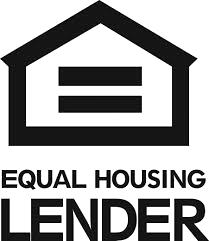Conventional Loans
A conventional mortgage loan is not a loan offered by, guaranteed, or insured by the government. Conventional loans make up the majority of loans that are made in this country, and typically come with the best terms available, particularly for highly qualified borrowers.
Conventional loans, unlike government loans, have interest rates and pricing that are tiered by credit scores and down payments. You’ll find better terms on conventional loans with every 20 points that your credit score rises (680, 700, 720, and so on). You’ll find better terms on conventional loans typically with every additional five percent down payment, up until you reach forty percent down.
Conventional loans have the most options that you may consider. You can find a fixed rate term as short as ten years, or as long as thirty years. You can find an adjustable rate, with a 30 year amortization, but with a start rate as low as three years and as long as ten years. This means that the initial interest rate will be set for 3, 5, 7, or 10 years. The shorter term you request your rate to be set, the lower the starting interest rate. Be aware that in some instances you may need additional money down to acquire an adjustable rate loan.
Conventional loans, when putting less than twenty percent down, will require some form of mortgage insurance. However a big advantage of conventional financing is that there is flexibility with mortgage insurance. There are a few options you can consider to best structure your loan so you save the maximum amount possible on mortgage insurance.
a) Monthly mortgage insurance – pay a monthly fee until you build 20-22% equity in the property.
b) Lender paid mortgage insurance – Increase the interest rate, by a lesser amount than monthly mortgage insurance. But, instead of the mortgage insurance disappearing after a certain number of years, this increase will be for the life of the loan. This is something that a borrower should consider if they plan to hold their loan for a shorter amount of time.
c) Upfront mortgage insurance – Typically the cheapest option provided the borrower has the funds to buy out the mortgage insurance in advance. Not a good option if the borrower plans to pay off the loan, or build equity to 20-22%, within three years.
Pre-Qualify Now:
bpayne@firsthome.com

